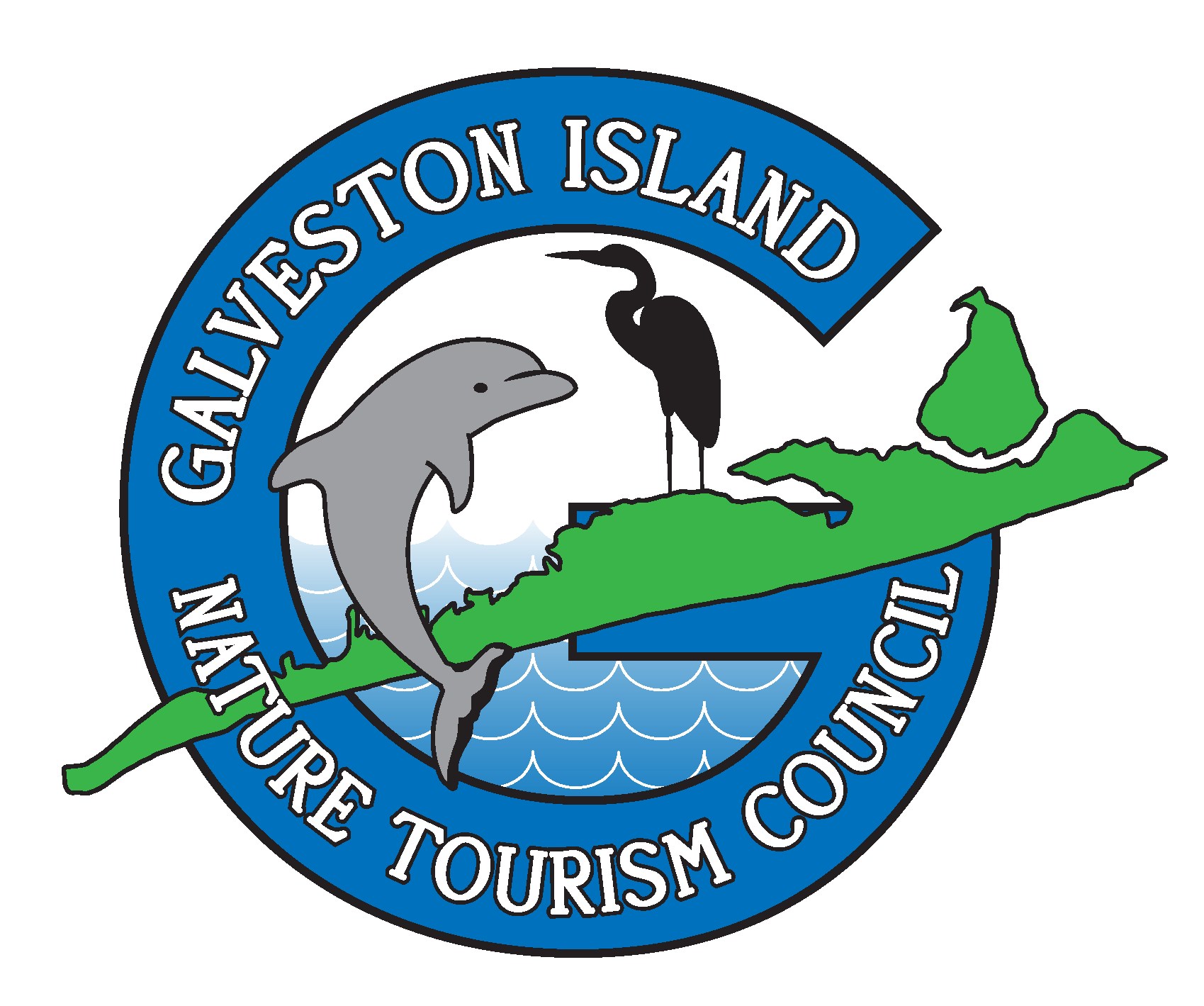



If you see a baby animal by themself, human nature is to believe this baby animal has been abandoned and needs us to step in and be the parent. Here are several reasons why this might not be the case and what you should do instead.

You have helped an animal in need, that is amazing! Next the rehabilitation center will do their best to help the injured or abandoned wildlife. The ultimate goal is get the animal healthy and back out into their natural habitat. Occasionally the animal has been too far injured and deemed non-releasable (unfit to survive on its own in the wild successfully). Only a certified veterinary can make this call. The animal has the potential to then be given to permit holding animal facilities such as educational nature centers, zoos/aquariums, or natural science museums. At these facilities the animal will become an animal ambassador to teach the public about the wonders of nature, how humans fit into this role, and what we can do to help make a brighter and better future for us and them.